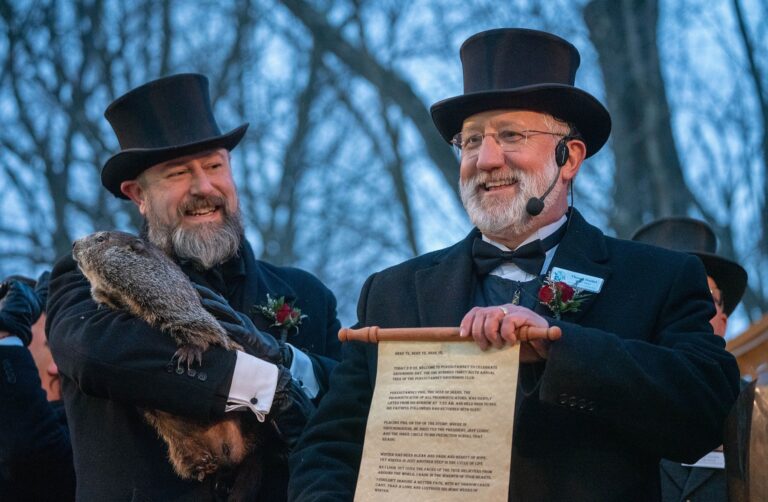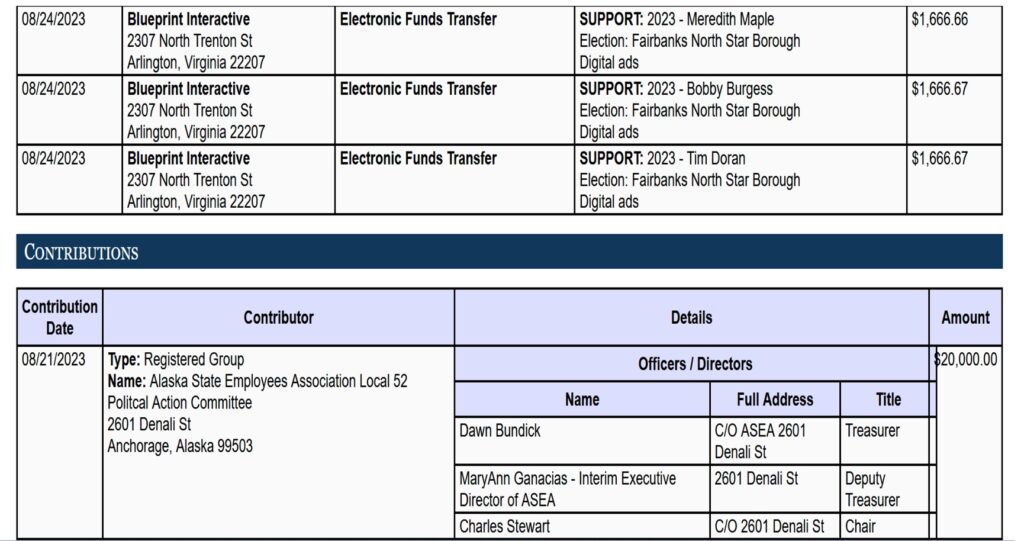By PAULETTE SIMPSON
On Sept. 13, 2022, the Juneau Empire published the following opinion piece about building a new city hall in Juneau. One year later, Juneau voters are again being asked to approve a bond proposition to build that same new city hall.
By PAULETTE SIMPSON
For far too long, without first consulting taxpayers, Juneau’s elected officials have poured millions into premature plans for shiny new things.
Improved quarters for city government may well be necessary. I simply question the stipulation of building brand new instead of re-purposing surplus square footage, of which Juneau has plenty.
Re-purposing, however, would require an objective, comprehensive inventory of potential locations, an acknowledgement of Juneau’s demographic reality, and an admission that absent a growing population, our local tax base can’t support constructing and maintaining another expensive public building. Rather than conduct that painful “big picture” analysis, city officials instead create distractions and commission spiffy designs.
It’s been happening for years.
Unbeknownst to most current Assembly members, who either lived elsewhere or were teenagers at the time, in 2003, Mayor Bruce Botelho convinced the Assembly to spend over $500,000 on an international design competition for a new age 174,000 sq. ft. Capitol to replace the current 96,000 sq. ft. building.
Juneau would issue municipal bonds to construct this $100 million Capitol on Telephone Hill, which the state would then lease for $7 million annually.
Four Outside architectural firms were selected and paid to submit designs to the mayor’s Capitol Planning Commission that in 2005 chose the winning proposal from a Santa Monica, CA firm. The design featured an egg-shaped translucent dome with glass wings; renderings suggested the sci-fi dome would dominate and dwarf the downtown historic district.
“I think the [jury members] have lost their freaking minds,” wrote Rick Tyner in a letter to the editor of the Juneau Empire. “I would rather move the capital to Anchorage than look at one of these eyesores the rest of my life.”
Roundly rejected by the state’s residents, the new capitol was not included in Gov. Frank Murkowski’s budget for fiscal year 2006.
After the design competition collapsed, the existing capitol’s problems became a critical issue. The modest six-story brick office building, originally built in 1929-30, was out of date and seismically unsound; the masonry was decaying, and moisture had leaked into the walls.
In 2006, a wise and responsible Legislature began setting aside funds to repair and upgrade the Capitol. Renovation commenced in 2013. By January 2017, the majority of the work had been completed at a cost of around $36 million. The state paid most of the costs and the Juneau Community Foundation contributed about $1 million. Juneau’s Art Deco treasure was saved.
Discussions surrounding the 2005 ($500,000) fiasco focused primarily on the avant-garde design. Few questioned how the deteriorating old building would be backfilled, or if the structure would be boarded up or torn down once the new Capitol was built.
The “Juneau 2006 Economic Overview” had warned that Juneau’s public-school enrollment had declined to its lowest level since 1992 and that Juneau had, “at least temporarily – stopped growing.” And this, exactly, is what is happening now in 2022 as city mothers and fathers promote the construction of a new City Hall while our tax base continues to shrink.
Arguing for its construction, Rich Moniak wrote, “A new City Hall is an investment in democracy” (Juneau Empire, Sept. 2, 2022).
Comparable hyperbolic claims were made in 2005 when the egg-dome architects cooed that, “The new Capitol Campus encourages democracy,” going so far as to label their creation a “physical manifestation of democracy.”

The Assembly’s cheerleader in chief for the current project, Wade Bryson, spouts similar blarney, suggesting a new City Hall is the “single largest loudest action that we can take against capital creep.”
Earth to Wade: Affordable housing, a road, and an attitude of accommodation and hospitality are probably a better bet.
Bryson also declares that “Every aspect of Juneau life will improve by us doing city hall correctly.”
So, if we gift government grand new quarters, will Juneau magically become more affordable, taxes go down, and the dump no longer stink?
In 2005, Gov. Frank Murkowski spared Juneau a 96,000 sq. ft. vacancy at the corner of 4th and Main.
Now, 18 years later, City leaders continue to delight in new designs while school enrollments drop. Juneau voters get the final say on a new city hall when we vote on Proposition No. 1 in our Vote-by-Mail election occurring now through October 3.
Paulette Simpson is a resident of Douglas.










